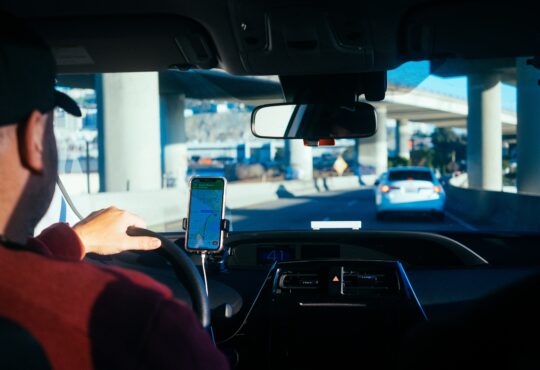
Shopping for the right auto insurance policy can be frustrating if you don’t know how much car insurance coverage you need. It becomes even more difficult if you’re not familiar with the different types of car insurance policies and what they cover.
In this auto insurance guide, we discuss the various types of auto insurance coverage and what they cover. Armed with that knowledge, you’ll know what to look for when buying your next auto coverage.
Why Is Auto Insurance Important?
Per the National Safety Council, the average cost of an accident may run into $5,700 in property damage. It jumps to $155,000 if someone is injured, and over $1.7 million if a person dies in an accident. So, a car accident can easily ruin your finances and set you many years back in your financial freedom journey.
Surprisingly, the average annual cost of full-coverage auto insurance is about $1,730. Thus, car insurance acts as an inexpensive way to protect motorists against the financial damage that may arise from unexpected road events.
Types of Car Insurance Coverages
There are about 12 types of auto insurance coverages. Some are required in some states, but most auto policies are optional in most states. Below, we discuss the 6 most important auto coverages and how they can help cushion you against financial damage.
Liability
Liability insurance pays for bodily injury and property damage that you cause to other people and is required in almost every state.
If you are found liable for an accident, liability coverage caters to medical bills, pain & suffering, and lost wages. It also covers court costs & defense, and property damages caused to third parties.
Uninsured and underinsured driver
About 13% of drivers in the US are uninsured. This auto policy covers you — the policyholder— against the cost of damages and injuries if you’re hit by a driver without enough coverage or no coverage at all. It pays for medical bills and car repair costs.
Collision
Collision auto policy covers your car against collision damages if you’re hit by another vehicle or when you hit an object like a tree, a fence, a mailbox, etc. It covers the cost of repairs and in some cases, replaces your car up to its current value, less the deductible.
Comprehensive
Comprehensive auto coverage is optional. But, if you live in areas prone to natural disasters or high theft rates, you may want to carry a complete auto policy.
It helps cushion you against damages caused by unforeseen “acts of God” like fire, hail, theft, flood, falling objects, and more. If your car is damaged by a covered event, the policy pays to repair or replace the car.
Personal injury protection (PIP)
Though not available in every state, PIP is an important auto insurance policy that protects the driver. If you’re injured in an accident, PIP covers medical bills, loss of income, childcare expenses, and house cleaning services as you recover. In case of death, it helps pay for funeral costs.
Medical Payments
This is a vital auto policy that is even required in some states. It helps protect the car owner or the driver against high medical bills in the event of an accident. If you get injured in an accident, medical coverage pays for the cost of treating the injuries.
How Much Auto Coverage Do You Need?
You should consider getting the most comprehensive car insurance you can afford. Start by getting the minimum liability insurance required by your state.
Then, consult with an independent insurance agent to help you determine the other essential policies that you can add.
Plus, a Qualified insurance agent works with a network of insurance companies and can help get the most comprehensive car insurance at the lowest rate.







